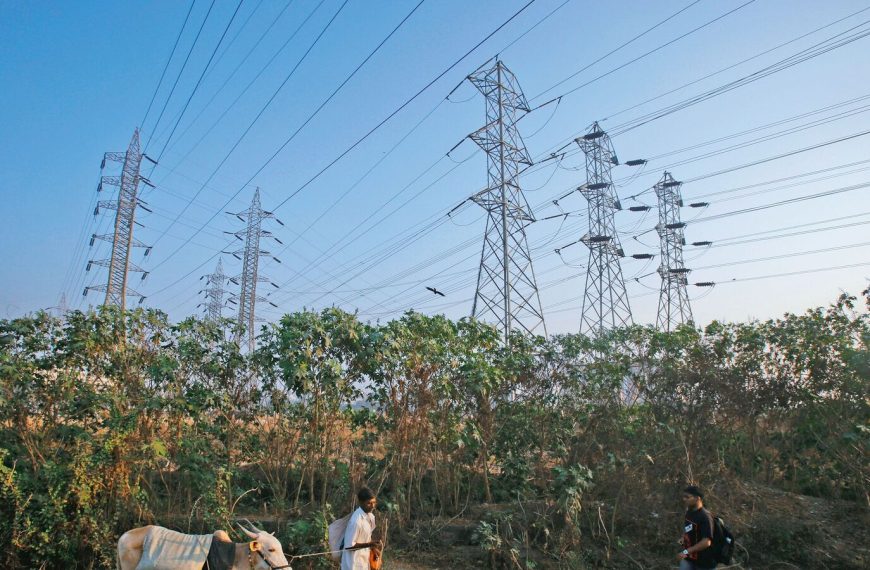Japan’s Real Wages Experience a Decline Amid Rising Inflation
In January, Japan’s real wages saw a notable decline, marking a setback after two months of modest gains. This drop comes just days ahead of the crucial annual pay negotiations that take place each spring among the nation’s leading companies. Despite an increase in nominal wages and overtime pay, the impact of inflation, which has reached a two-year peak, has hindered real wage growth, a key indicator for policymakers aiming to stimulate consumption-driven economic expansion.
Key Statistics on Real Wages
According to data released by the labor ministry, inflation-adjusted real wages in Japan fell by 1.8% year-over-year in January. This decrease follows a revised increase of 0.3% in December and 0.5% in November. The consumer inflation rate utilized for calculating real wages surged to 4.7%, the highest since January 2023.
- Regular pay rose by 3.1% in January, a significant increase compared to December’s revised figure of 2.6%—the largest jump since 1992.
- Overtime pay, a critical indicator of corporate health, also increased by 3.1% following a revised 0.8% gain in December.
- However, special payments, often comprising one-off bonuses, declined by 3.7%.
Average total cash earnings, which represent nominal pay, reached 295,505 yen, up by 2.8% but slowing from December’s revised 4.4% rise due to the drop in special payments.
Labour Unions Push for Significant Pay Increases
In light of these developments, Japan’s largest labor union recently announced that its member unions are advocating for an average pay increase of 6.09%, the most ambitious request in over three decades. This collective bargaining effort will culminate in mid-March, setting a precedent for salary negotiations among non-unionized workers and smaller businesses.
The influence of these annual spring negotiations typically becomes evident in wage statistics by April or later, according to insights from a labor ministry official. As the Bank of Japan gears up for its next policy meeting on March 18-19, it is expected to maintain current interest rates. Officials have emphasized the importance of assessing the sustainability of wage growth following the central bank’s rate hike in January.
Conclusion
As Japan grapples with the challenges posed by rising inflation and fluctuating wages, the outcome of the upcoming pay negotiations will be crucial for determining the economic landscape. Stakeholders will be closely watching how these discussions unfold and their potential impact on the purchasing power of consumers in the coming months.











